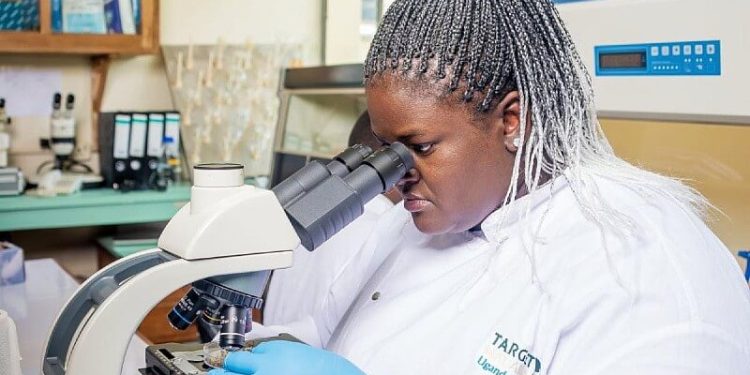Efforts to combat malaria have gained renewed momentum as the UK launches a £5 million partnership with the RBM Partnership to End Malaria.
Targeting Africa’s most vulnerable populations, the initiative focuses on innovation, economic growth, and the fight against climate-related challenges to public health.
A Unified Mission to End Malaria
The UK government has teamed up with the RBM Partnership to reinvigorate global malaria eradication efforts. With a £5 million commitment, the programme aims to eliminate malaria by 2030.
The focus is on high-burden countries like Cameroon, Nigeria, Tanzania, and Uganda, where women, children, and economically marginalized communities bear the brunt of the disease.
This initiative comes at a crucial time, as the World Health Organization’s 2024 World Malaria Report revealed rising malaria cases in 2023. Climate change, resistance to treatments, and gaps in funding have slowed progress toward the Sustainable Development Goals.
Economic and Health Benefits of Eradicating Malaria
Malaria elimination could transform lives and economies, especially in Africa.
Achieving a 90% reduction in cases by 2030 could:
- Boost Africa’s GDP by an estimated £100 billion.
- Provide £31 billion in additional exports.
- Save over 600,000 lives annually, primarily among children under five.
Malaria’s toll on families, particularly pregnant women and children, is devastating. The UK’s programme addresses these vulnerabilities, ensuring access to life-saving drugs and diagnostics for over 50 million people by 2027.
Modern Challenges in Fighting Malaria
Overcoming Treatment Resistance
Malaria strains resistant to current treatments are spreading, making innovation critical. This partnership will fund research into new therapies and enhance the distribution of effective anti-malarials.
Addressing Climate Impacts
Rising temperatures and extreme weather events, such as floods, have shifted malaria transmission patterns. By integrating climate resilience strategies, the programme seeks to mitigate these risks.
UK’s Leadership in Global Health
British expertise in vaccine development is at the forefront of this fight. UK-backed research has led to the development of two malaria vaccines, with a third under testing at the University of Oxford. These breakthroughs have the potential to save millions of lives.
Partnerships with Gavi, the Vaccine Alliance, and the Global Fund to Fight AIDS, Tuberculosis, and Malaria further amplify the UK’s role. Gavi plans to roll out malaria vaccines to 25 countries by 2025, marking a significant step toward global immunization.
Projected Benefits of Malaria Elimination
Category |
Impact by 2030 |
|---|---|
| GDP Growth | £100 billion in African nations |
| Export Increase | £31 billion additional exports |
| Lives Saved | 600,000 annually |
| Children Treated | 120 million patients with anti-malarials |
A Final Reflection
While the UK’s initiative is a promising step, it underscores the need for sustained global collaboration and funding. The RBM Partnership warns that without increased investment, malaria deaths could surge, reversing years of progress.
To truly end malaria by 2030, nations, organizations, and individuals must commit to this shared vision. Stay informed and support efforts to combat this preventable disease, ensuring a healthier, more prosperous future for all.
Sources: THX News, Foreign, Commonwealth & Development Office & The Rt Hon Anneliese Dodds MP.









